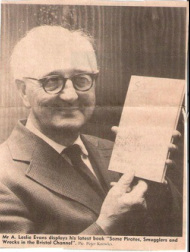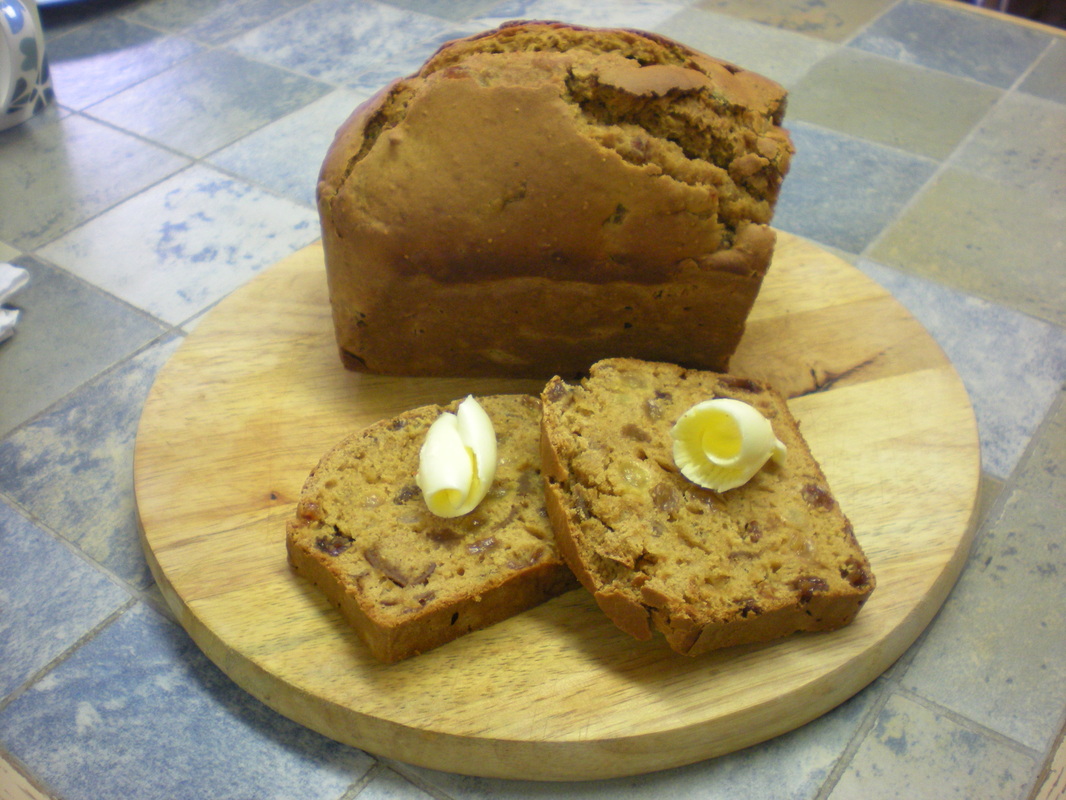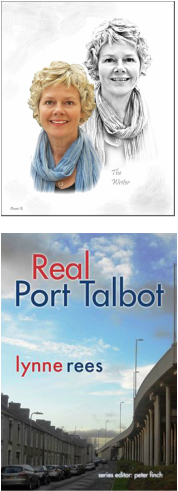It's the winter solstice in a couple of weeks' time, then Christmas, two events that have merged into one, for most people, since the advent of Christianity.
What will you be doing to celebrate the solstice, or the Roman Festival of Saturnalia, or the birth of Christ? A pagan sacrifice (please restrict yourself to vegetables and inanimate objects), engaging in unbridled revelry, or attending a candlelit carol service? Or just enjoying the company of family and friends?
What will you be doing to celebrate the solstice, or the Roman Festival of Saturnalia, or the birth of Christ? A pagan sacrifice (please restrict yourself to vegetables and inanimate objects), engaging in unbridled revelry, or attending a candlelit carol service? Or just enjoying the company of family and friends?

In his book, The History of Taibach and District, Les Evans lists the Christmas traditions associated with South Wales: the church Plygain service on Christmas morning, Christmas football matches that survived from an older game of Y Bel Ddu, the burning of furze on the hills, the Mari Lwyd (with its enjoyable attributes of booze, rhyme and revelry!), and the Cutty Wren which apparently became extinct in Port Talbot at the end of the nineteenth century. Although even at some historical distance the practice of catching a wren, and attaching it to some holly branches, and parading it between Baglan and Aberafan is likely to make contemporary consciences wince:
As I went out to Baglan Hall,
I saw a wren upon a wall;
I up with my stick and knocked him down,
And brought him home to 'Bravon town.
As I went out to Baglan Hall,
I saw a wren upon a wall;
I up with my stick and knocked him down,
And brought him home to 'Bravon town.
One custom local to Margam that I came across while researching for Real Port Talbot was the following from the National Museum of Wales' website:
Loaf cake: Loaf cake was synonymous with Christmas celebrations in the industrial valleys of south Wales. The dough, prepared in large quantities, would be carried to the local bakehouse where the baker would be responsible for baking the cakes for a penny or two per loaf.
Neighbours were invited to taste each other's cake, and tradition has it (in the district of Margam near Port Talbot) that if a young maid was given the opportunity to taste thirteen different cakes in one season, she would marry before the following Christmas.
I didn't include it in the book because I couldn't find confirmation or verification of it anywhere else. But if you know of a young maid who tasted thirteen cakes and got lucky then please let me know!
I don't have loaf cake for you but here's the next best thing, a slice of home-made (by me) Bara Brith (after all you're going to have enough of all that rich stuff soon), to wish you and yours a Happy Solstice/Festival/Christmas/Holiday and a good and joyful end to 2013.
Loaf cake: Loaf cake was synonymous with Christmas celebrations in the industrial valleys of south Wales. The dough, prepared in large quantities, would be carried to the local bakehouse where the baker would be responsible for baking the cakes for a penny or two per loaf.
Neighbours were invited to taste each other's cake, and tradition has it (in the district of Margam near Port Talbot) that if a young maid was given the opportunity to taste thirteen different cakes in one season, she would marry before the following Christmas.
I didn't include it in the book because I couldn't find confirmation or verification of it anywhere else. But if you know of a young maid who tasted thirteen cakes and got lucky then please let me know!
I don't have loaf cake for you but here's the next best thing, a slice of home-made (by me) Bara Brith (after all you're going to have enough of all that rich stuff soon), to wish you and yours a Happy Solstice/Festival/Christmas/Holiday and a good and joyful end to 2013.
The History of Taibach and District, A. Leslie Evans, privately published 1963, republished with a post-script by Alun Books, Port Talbot 1982.



 RSS Feed
RSS Feed